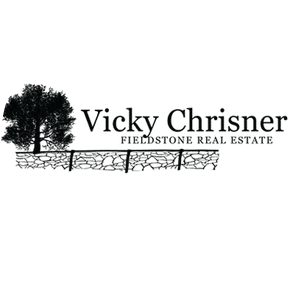If you ever watch any home buying or remodeling shows on satellite or cable TV, you know what kinds of secrets a home inspection can reveal about a seemingly-safe house! Home inspections are crucial before finalizing any real estate purchase, especially here in Virginia where we are a “Caveat Emptor” (meaning: Buyer Beware) state. All buyers should know that sellers are not required to disclose much about their home during a real estate transaction.
Does the house have faulty plumbing, a bad roof, or a failing foundation? That’s up to the buyer to discover on his own, the seller doesn’t have to tell you. 
And, a word of caution… Don’t confuse appraisals with inspections! An appraisal is for a lender to estimate the value of the home, and to make sure it meets minimum condition standards set in place by the lender or mortgage insurer for that type of loan.
For example, a VA (Veterans Affair) loan is one that is insured against default by the Veterans Administration. The VA has property condition requirements, and the appraiser is charged with checking to ensure that the property meets those requirements. It’s a similar situation with FHA (Federal Housing Administration). These loans also have minimum property condition standards. Any lender can also impose their own standards. So, as a result of the appraisal, there may be “Lender Required Repairs” before the loan can close on the home. However, this does NOT guarantee the value or condition of your would-be new home. If you find problems with your home after closing, don’t expect the FHA, VA or your lender to help.
Looking for a referral? I am happy to provide you with the contact information for a good local home inspector. Don’t hesitate to reach out to me: 703-669-3142 / [email protected].
 By submitting information, I am providing my express written consent to be contacted by representatives of this website through a live agent, artificial or prerecorded voice, and automated SMS text at my residential or cellular number, dialed manually or by autodialer, by email, and mail.
By submitting information, I am providing my express written consent to be contacted by representatives of this website through a live agent, artificial or prerecorded voice, and automated SMS text at my residential or cellular number, dialed manually or by autodialer, by email, and mail.

